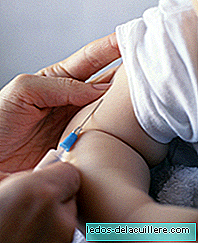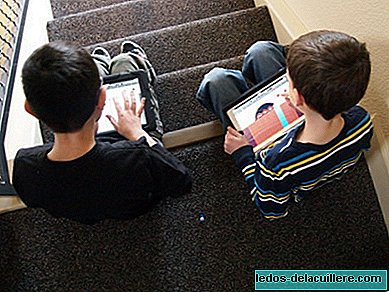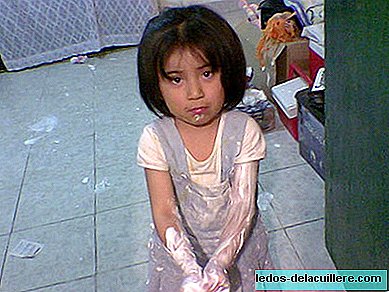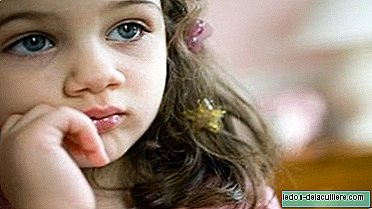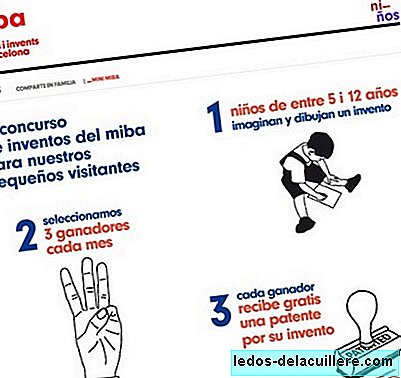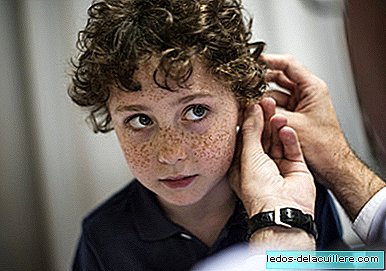
According to data from the Spanish Association of Pediatrics, five out of every 1,000 children are born every year with a hearing problem in Spain, and in one in a thousand cases deafness is profound. But experts say that with early detection and placement of cochlear implants, children can enjoy quality hearing.
Unfortunately, for many families this type of treatment entails economic costs that are impossible to assume, so yesterday they met in front of the Congress of Deputies to claim that cochlear implants are affordable for everyone, and that hearing is not an economic privilege.
One difficult expense to assume for many families
The surgical intervention for the placement of cochlear implants is free, but not the spare parts or maintenance that the device needs over time. In addition, once the implant is placed, months (or even years) of rehabilitation remain ahead to educate the ear and learn to speak with the help of speech therapists and therapists. A long process that requires a significant financial outlay for families
Last June, the Congress of Deputies approved a non-law proposal that urged the Government to review the financing of hearing aids and cochlear implants. And it is that the Federation of Associations of Cochlear Implants of Spain has been claiming financial aid and subsidies for its group for years.
That is why the affected families gathered yesterday in front of the doors of Congress to give visibility to the high economic costs they must face after placement of a cochlear implant; costs that, unfortunately, many families cannot bear.
2,500 babies are born every year in Spain with hearing problems
It is said that someone suffers from hearing loss when they are unable to hear the same as a person whose sense of hearing is normal, that is, whose hearing threshold in both ears is equal to or greater than 25 dB. Hearing loss can be mild, moderate, severe or profound, and occur from birth (due to congenital causes) or at some other stage of life (due to acquired causes).
In Spain, 2,500 babies are born every year with hearing problems, of which 500 will be affected by profound deafness. According to WHO data, disabling hearing loss affects 34 million children worldwideIt is essential to detect any hearing problem in order to carry out appropriate treatments. That is why in 2003, the Ministry of Health and Consumer Affairs and the Autonomous Communities approved the 'Program for the Early Detection of Deafness', for its implementation in all Spanish maternity hospitals.
People suffering from hearing loss can learn to communicate by reading lips or sign language, and in most cases their condition can also improve with the use of hearing aids, cochlear implants and other hearing aids.
Photos | iStock




